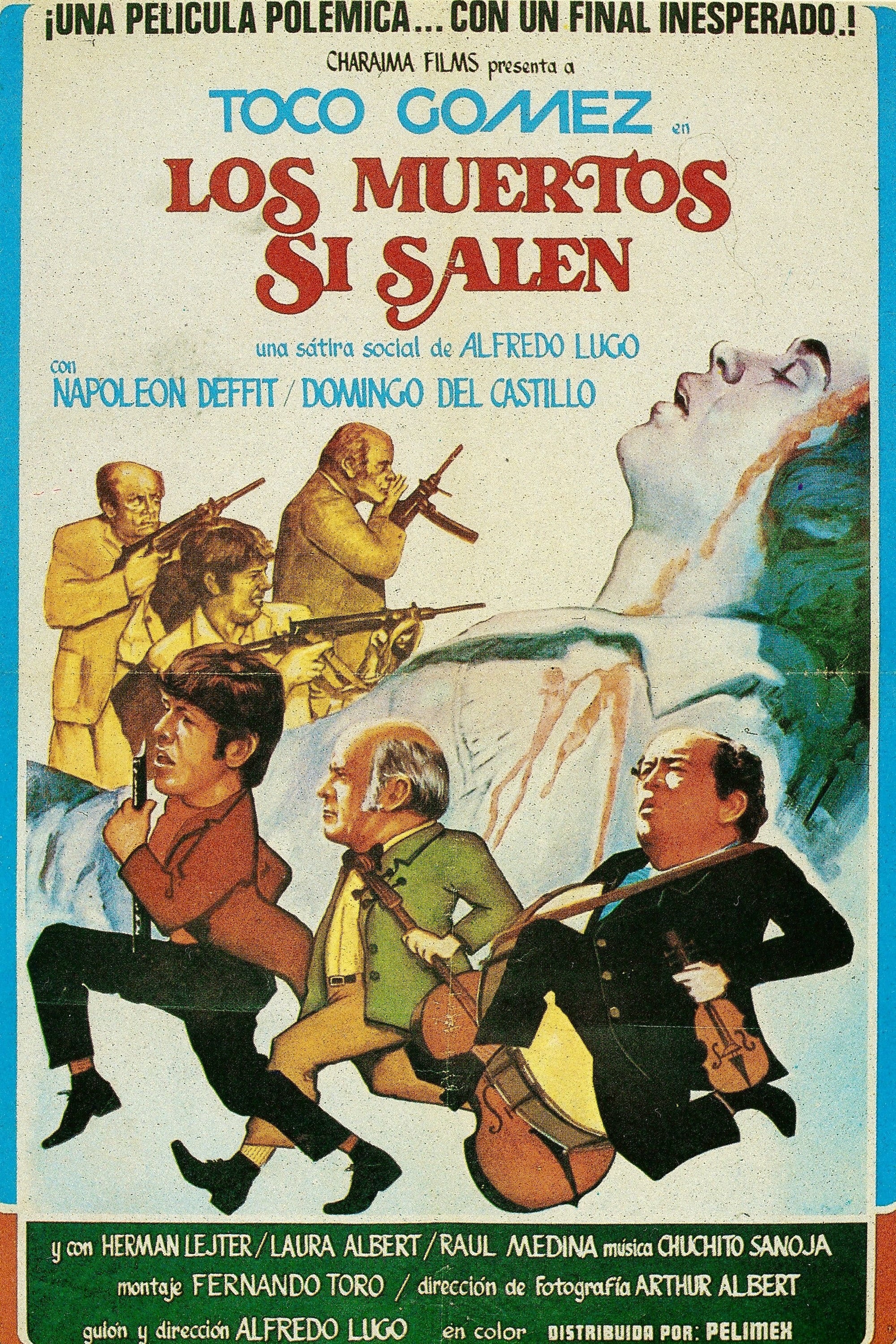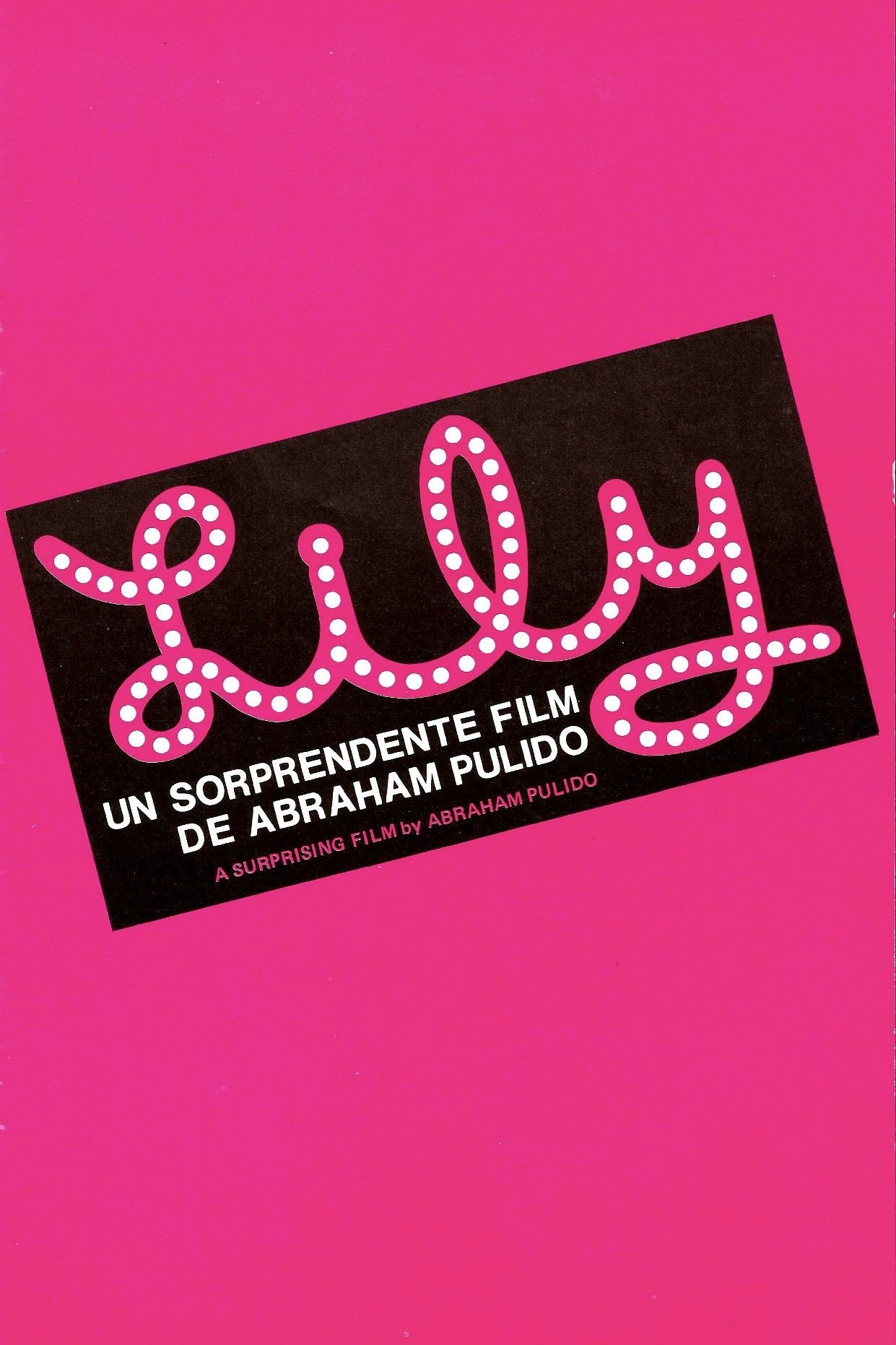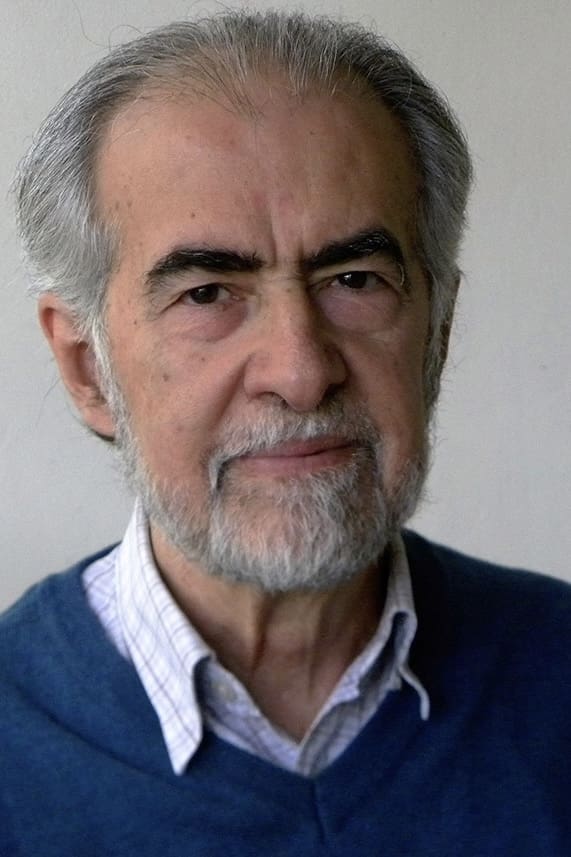
Thaelman Urgelles
Thaelman Urgelles is a Venezuelan filmmaker. Born in Barquisimeto, he began studying psychology, art, and social communication in 1965. He then worked as a journalist covering sports and current affairs. Beginning in 1973, he became involved in a theater project that eventually led him to cinema—starting with small productions in Super 8 and 16 mm, as well as educational and political documentaries and narrative short films. His first feature film was part of the prolific cinematic movement that made Venezuela the third-largest producer of feature films in Latin America at the time. Co-directed with Carlos Rebolledo in 1977, Alias (El rey del Joropo) was based on Edmundo Aray's Los cuentos de Alfredo Alvarado. The film explores the life of a famous Venezuelan dancer and criminal, told through the format of a television program that recounts his gruesome adventures while also revealing the contradictions of the television medium itself. Urgelles went on to become one of Venezuela's most successful and acclaimed directors. He produced and directed La venganza o ¡Qué bellas son las flores! (1978), a satire of the deep social inequalities in Venezuelan society. He also directed La boda (The Wedding), considered by many to be one of the greatest Venezuelan films of all time. The film revolves around a wedding in which the guests form a microcosmic representation of the nation—its past, present, and future—bringing together different social classes and tracing thirty years of Venezuelan history, including the country’s transition from dictatorship to democracy between 1950 and 1980. His subsequent productions, El atentado (1984) and La generación Halley (1986), which he wrote and directed, were films aimed at reaching a larger audience. During this period, he also produced Casa tomada (1985) and Pacto de sangre (1988), both directed by his wife Malena Roncayolo. Between 1987 and 1990, he produced several documentaries and directed two television miniseries. Urgelles was a key figure in the institutionalization of Venezuelan cinema beginning in 1976. He served as president of the National Association of Film Authors (Asociación Nacional de Autores Cinematográficos, ANAC), among other roles. In 2000, he adapted Edilio Peña’s 1975 play Los pájaros se van con la muerte (The Birds Leave with Death) for the big screen.
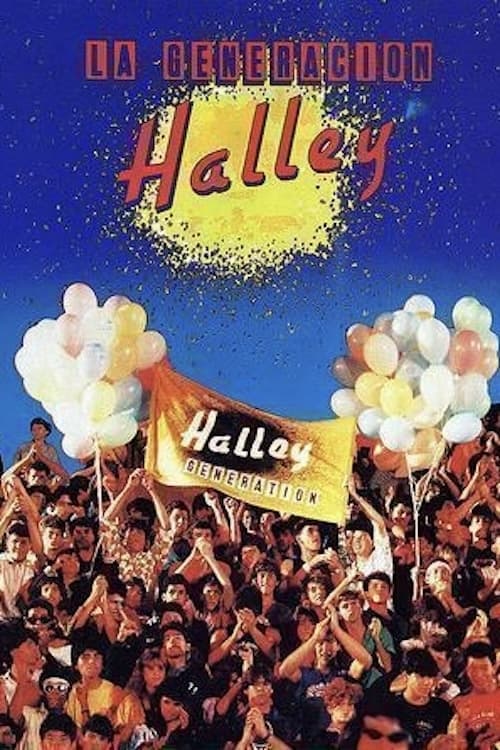
La generación Halley
(Director)
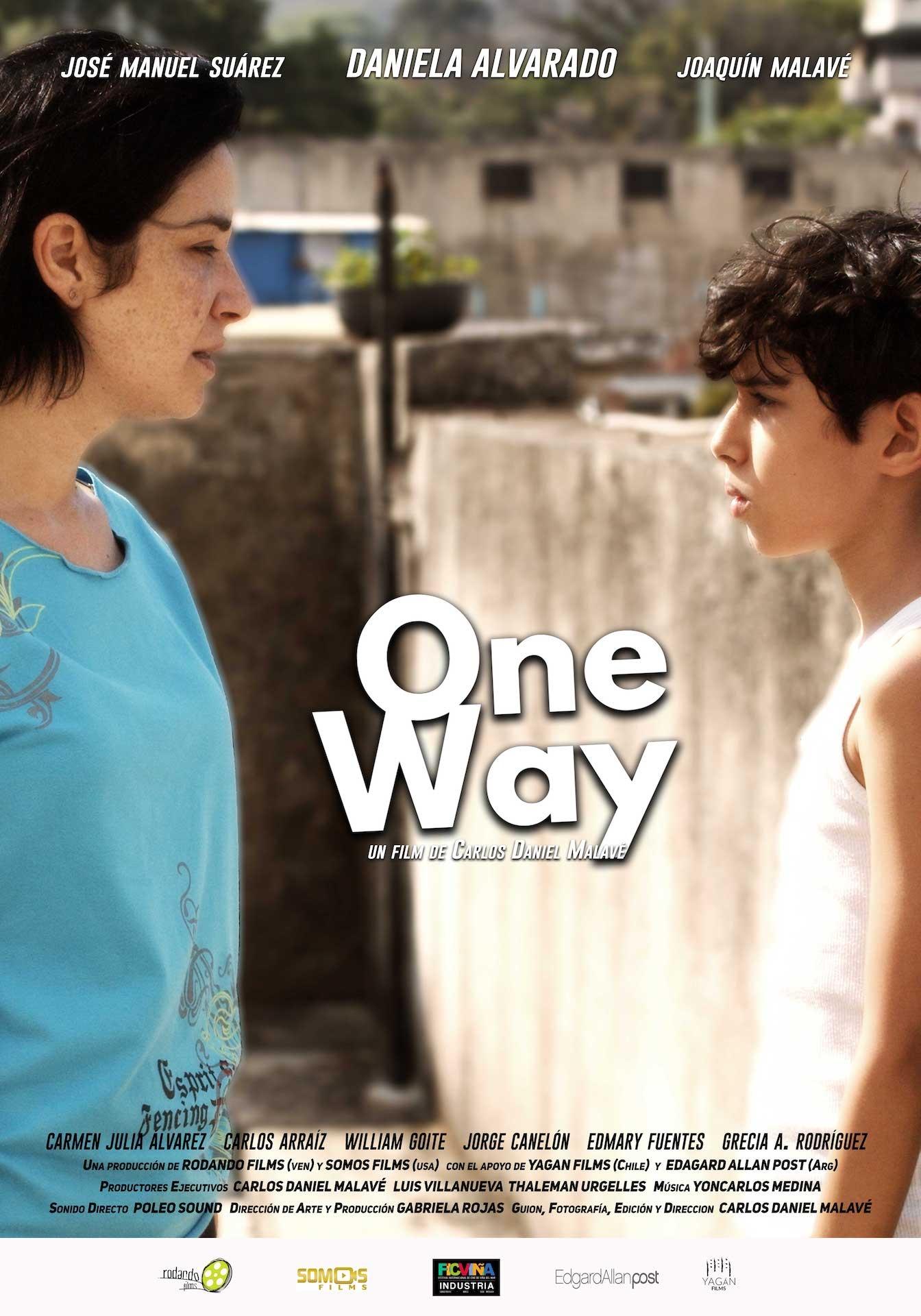
One Way
(Executive Producer)
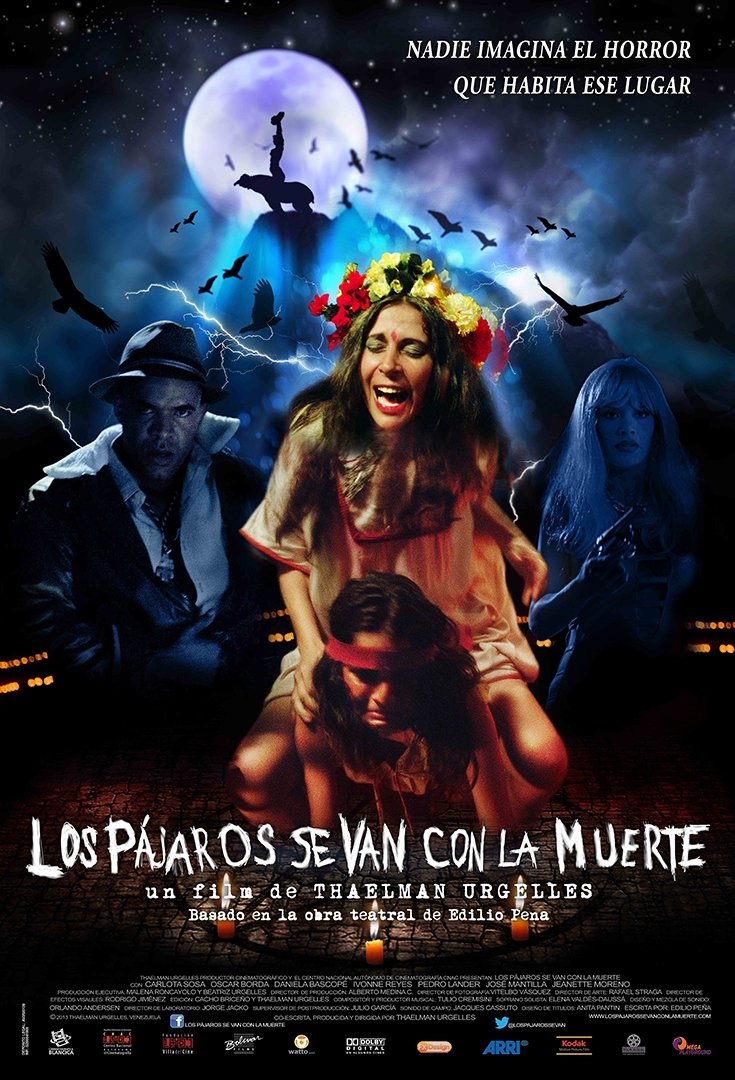
Los pájaros se van con la muerte
(Director)

Un Cupido sin Puntería
(Executive Producer)
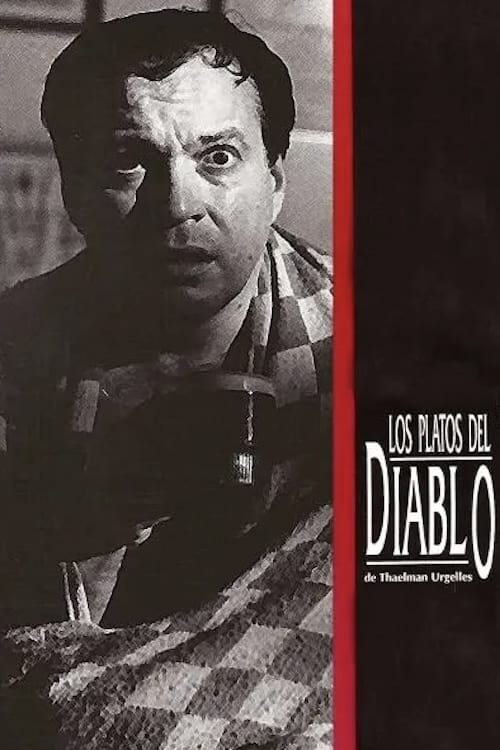
Los Platos del Diablo
(Director)

Los Platos del Diablo
(Producer)

Los Platos del Diablo
(Screenplay)
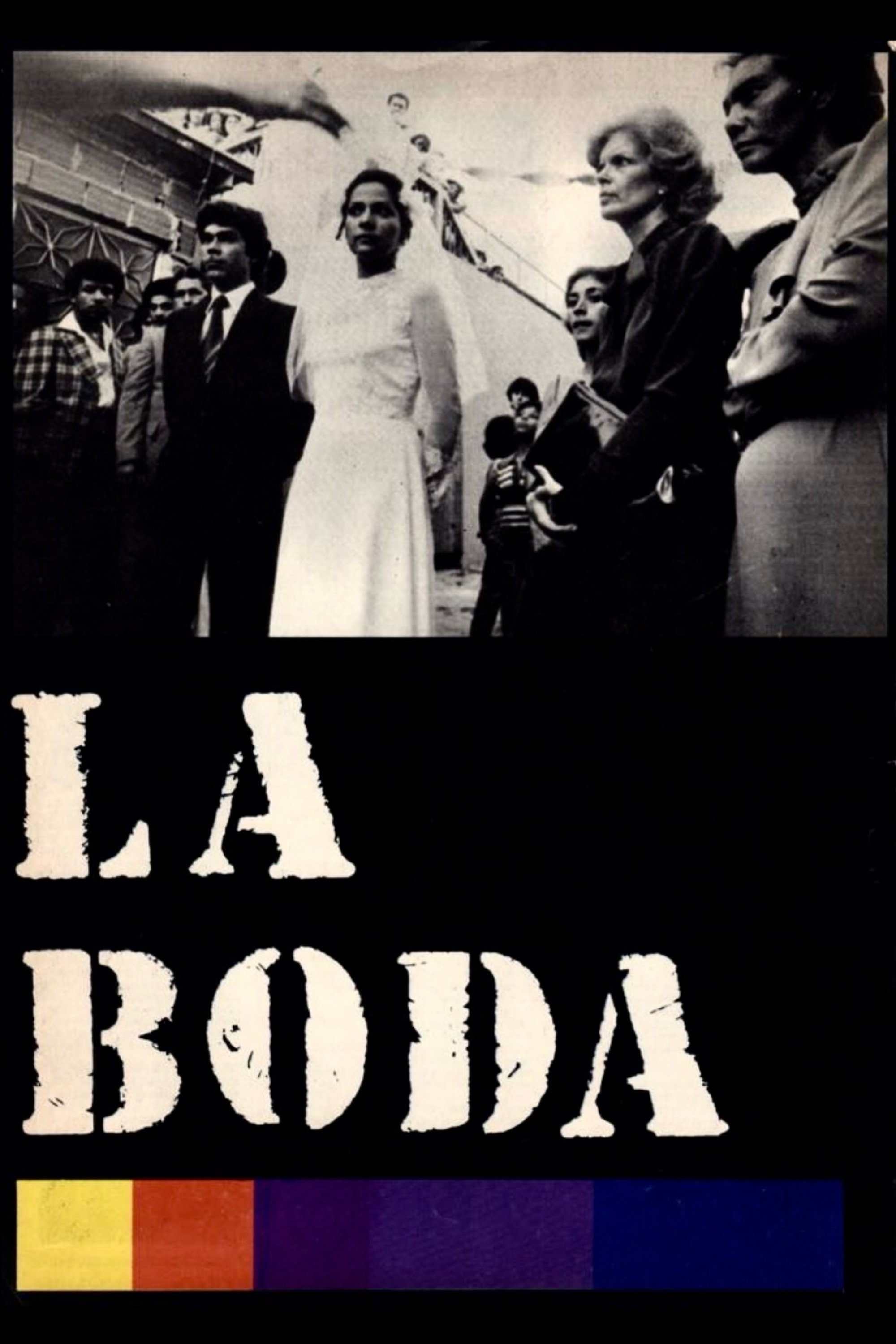
The Wedding
(Director)

The Wedding
(Writer)
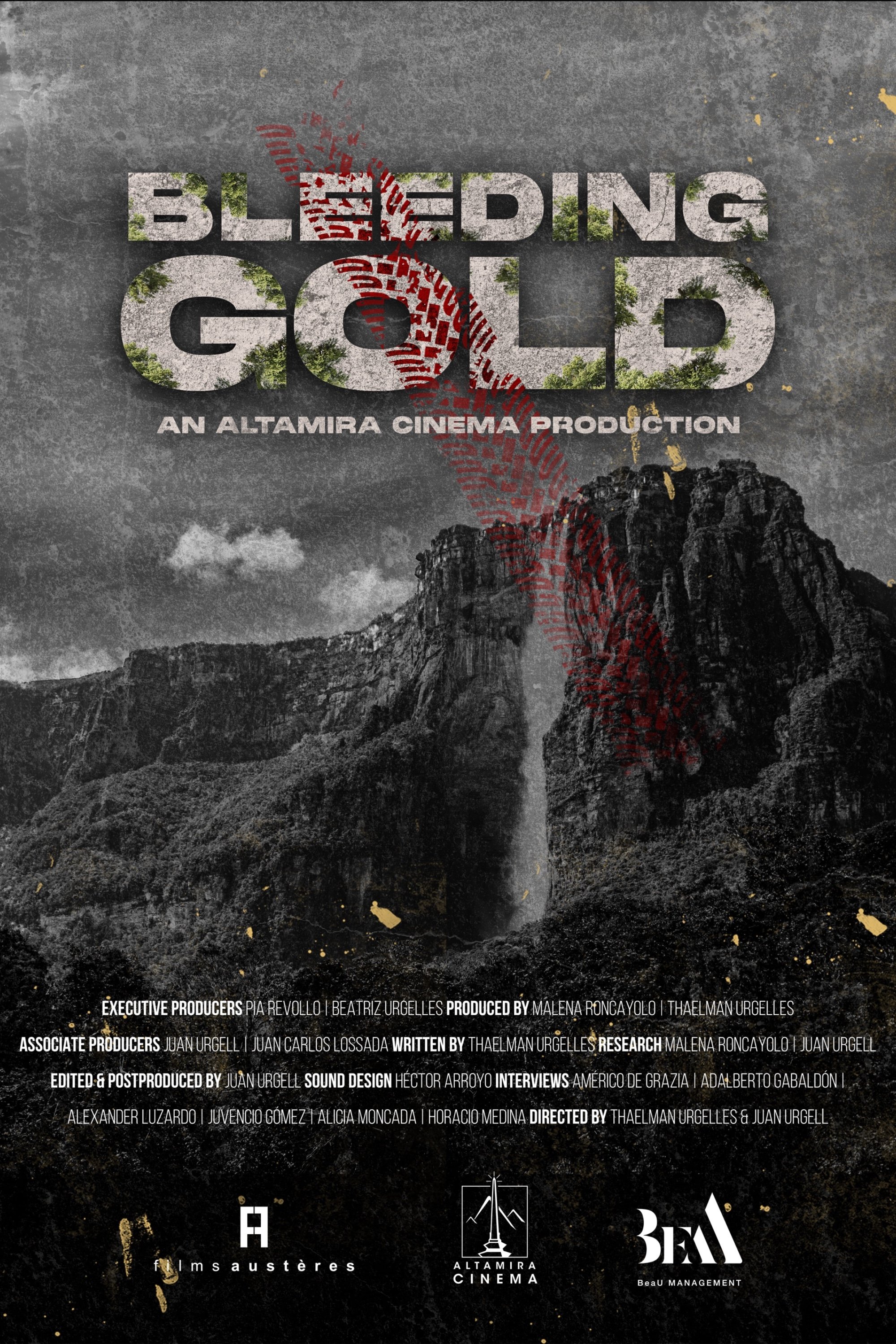
Bleeding Gold
(Director)

Bleeding Gold
(Producer)

Bleeding Gold
(Writer)
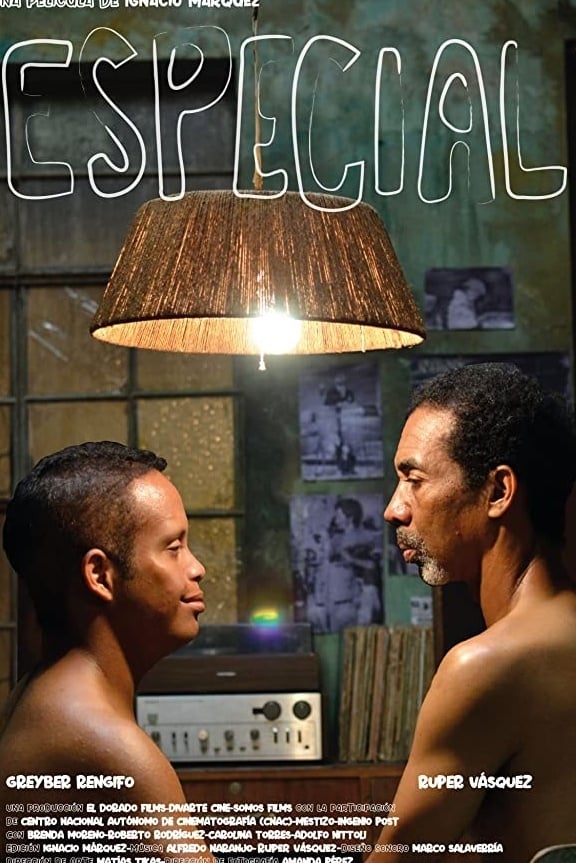
The Special
(Executive Producer)
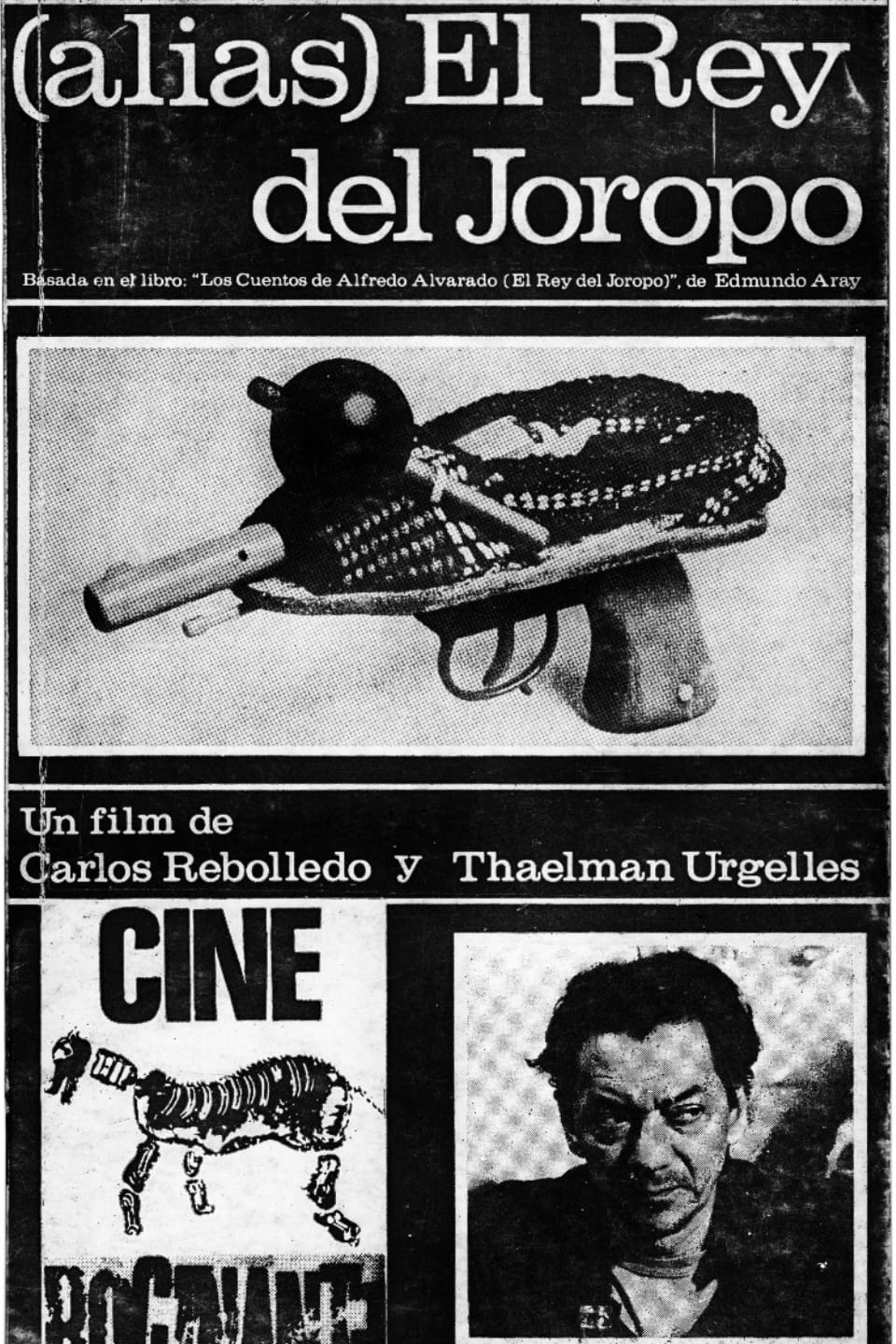
(Alias) El Rey del Joropo
(Director)

(Alias) El Rey del Joropo
(Writer)

Los pájaros se van con la muerte
(Editor)

Los pájaros se van con la muerte
(Producer)

Los pájaros se van con la muerte
(Co-Writer)
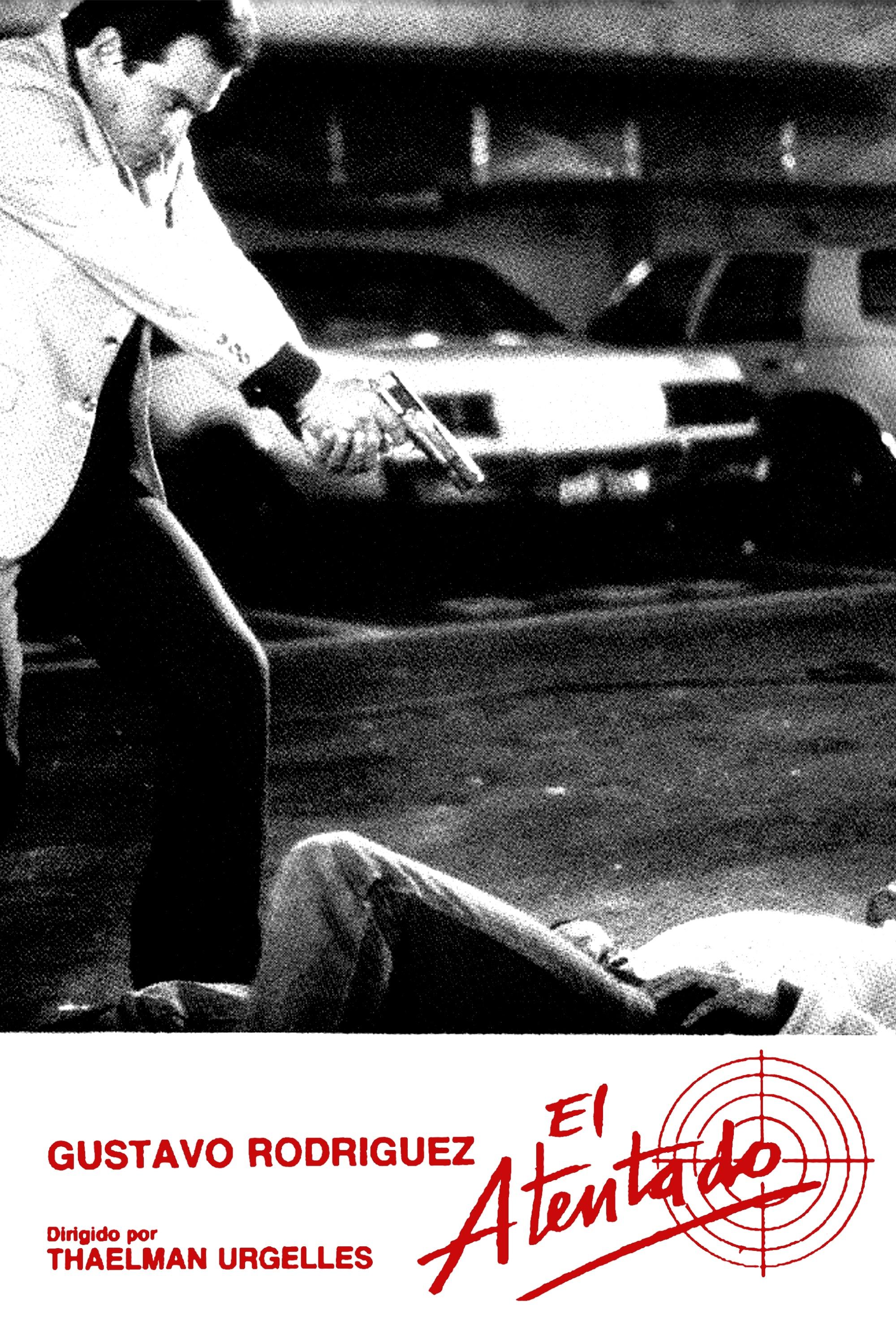
El atentado
(Director)

El atentado
(Writer)
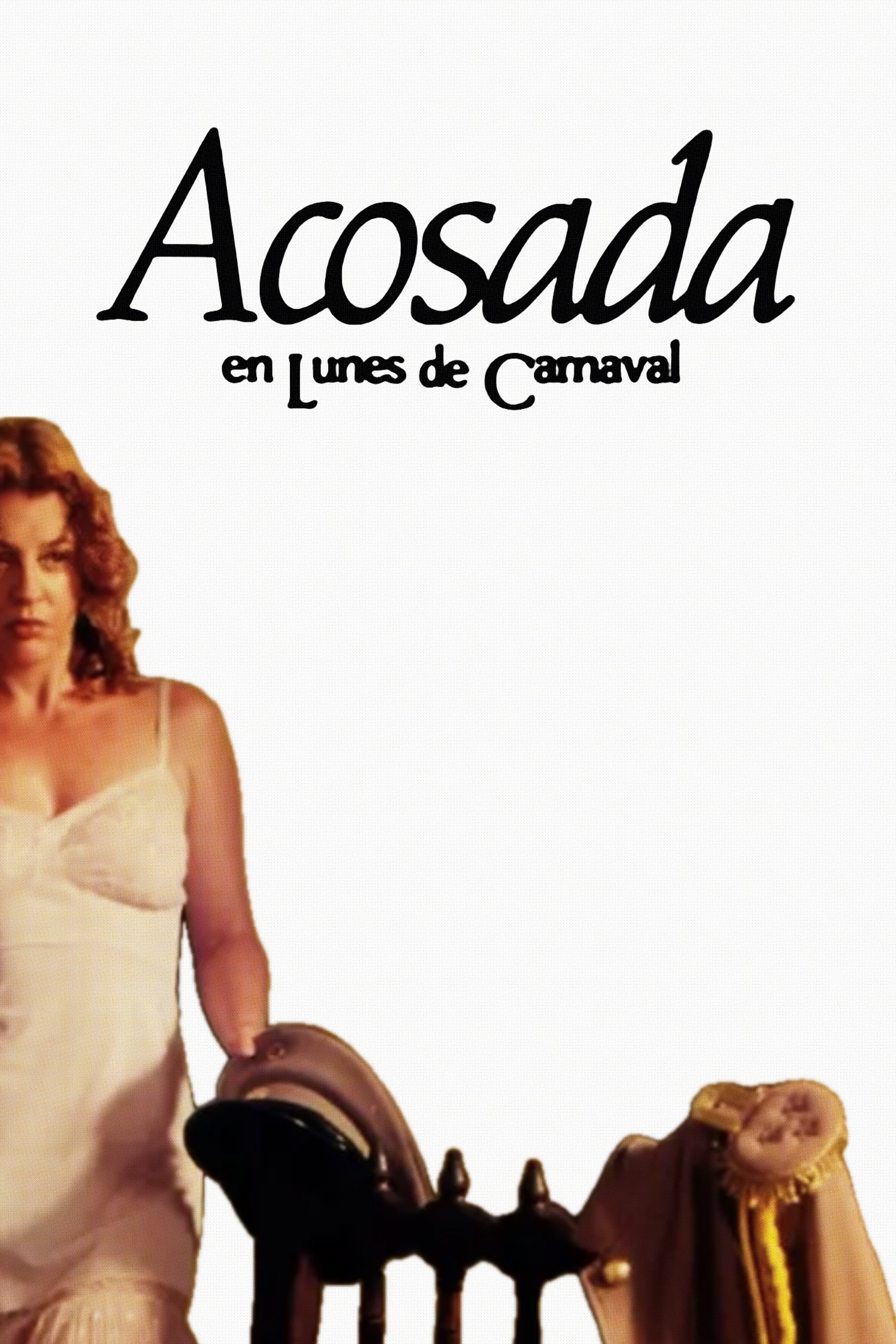
Hounded on a Carnival Monday
(Producer)
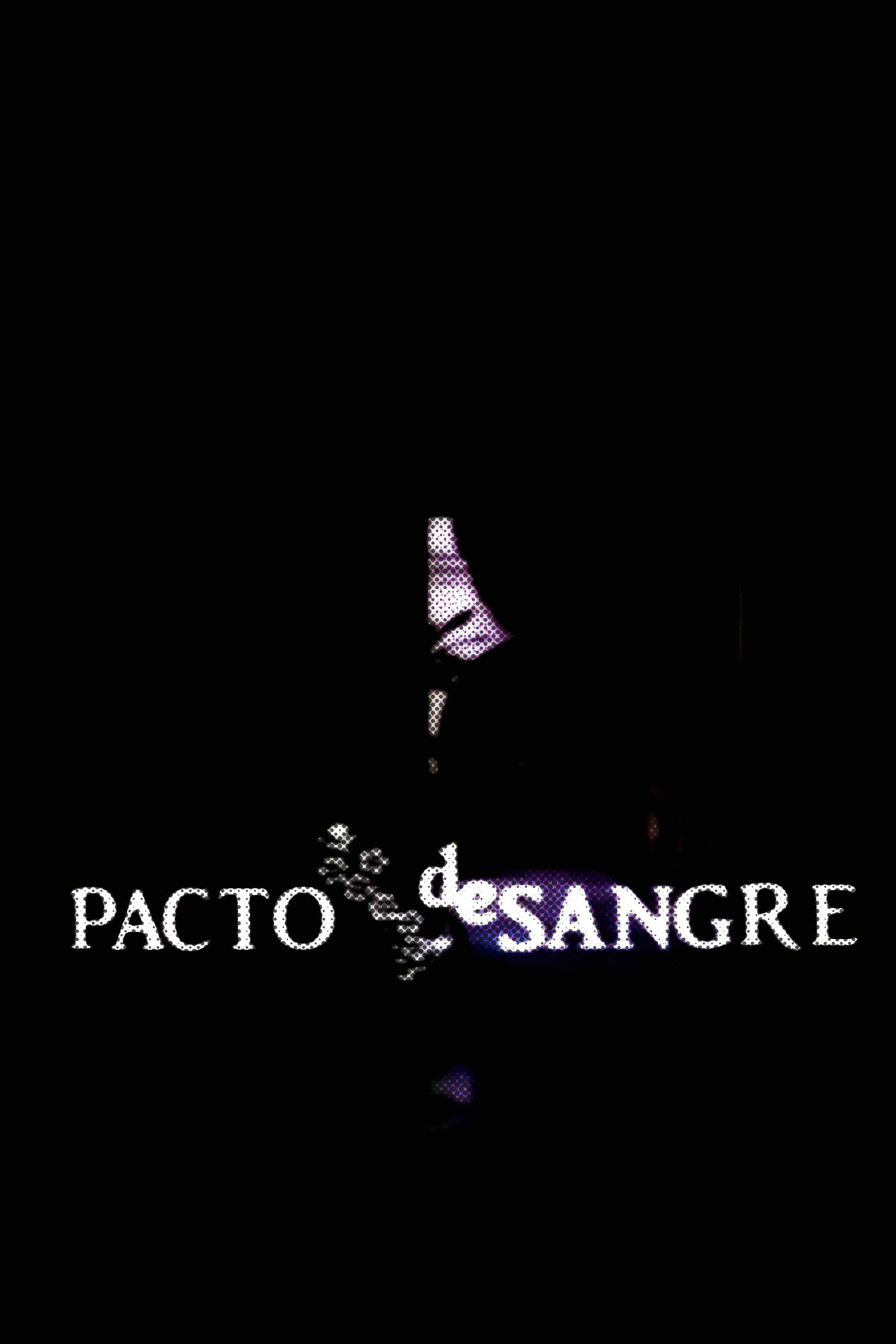
Pacto de sangre
(Producer)

Amor en el aire
(Executive Producer)
